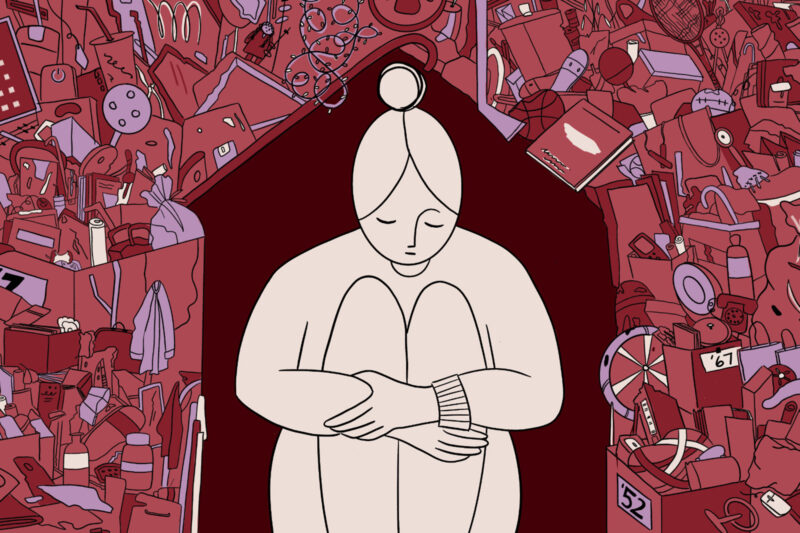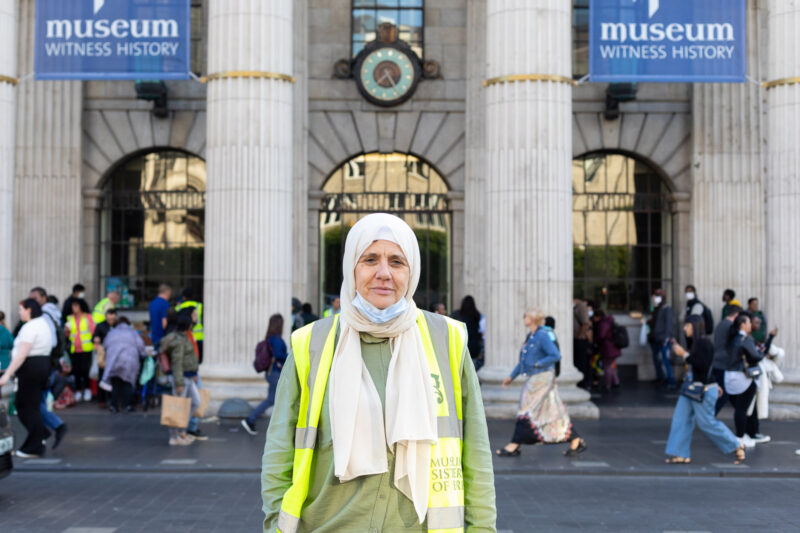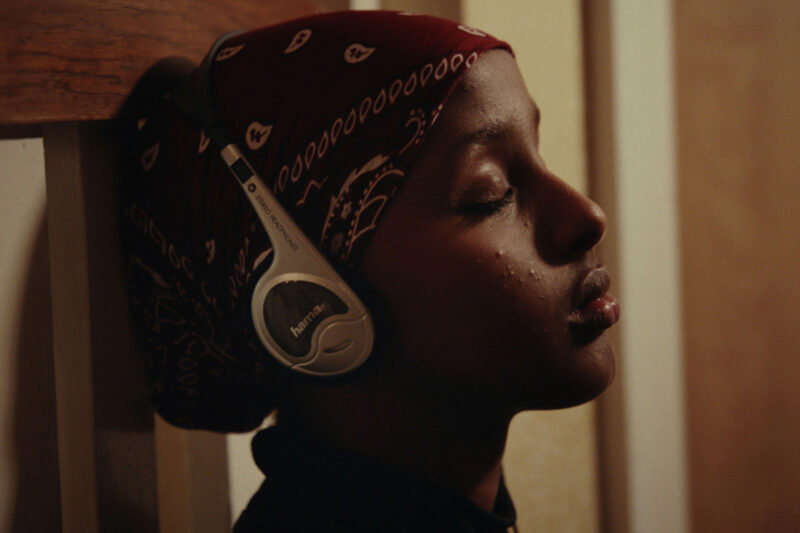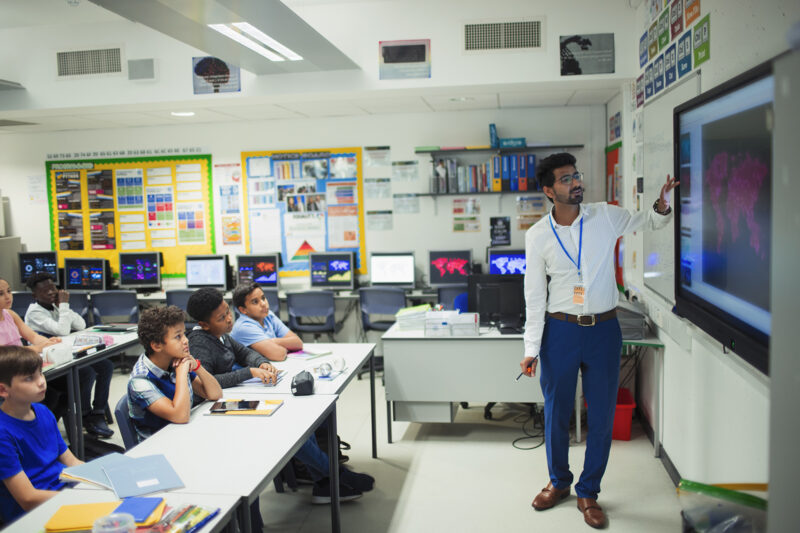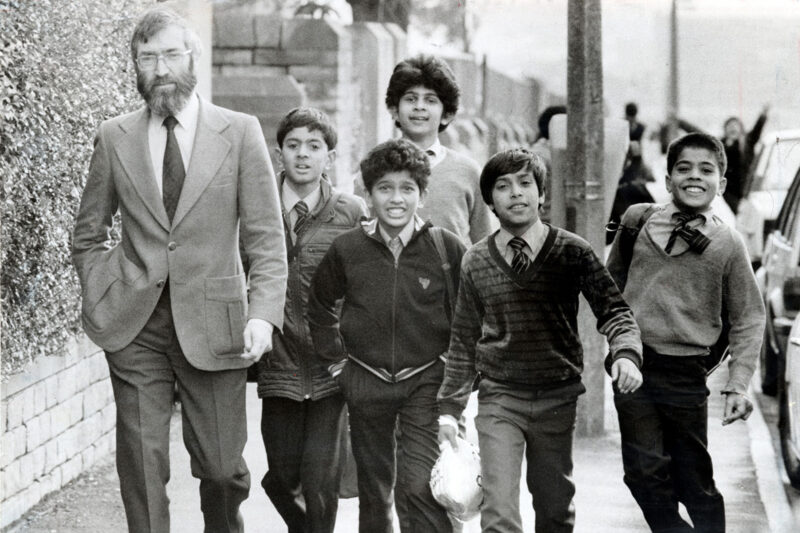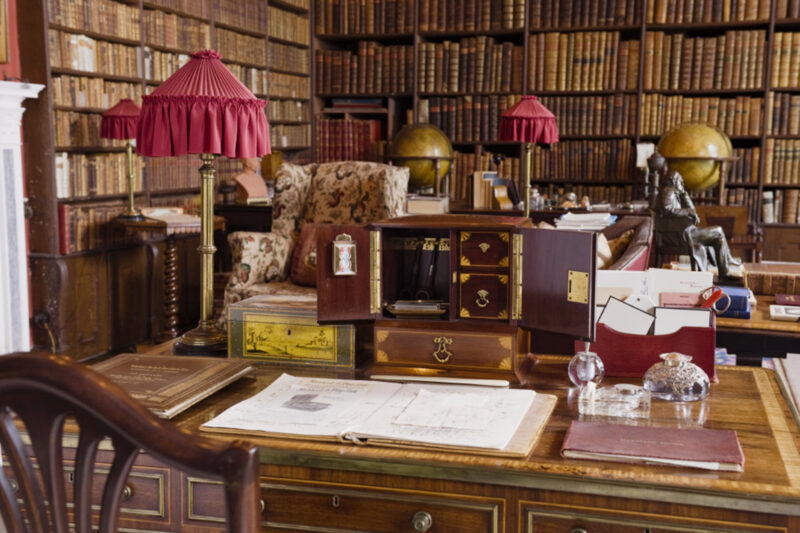Forgotten pioneer of British Islam Fatima Cates is being written back into history
More than a century after her death, the rediscovery of an important Victorian figure is inspiring new generations
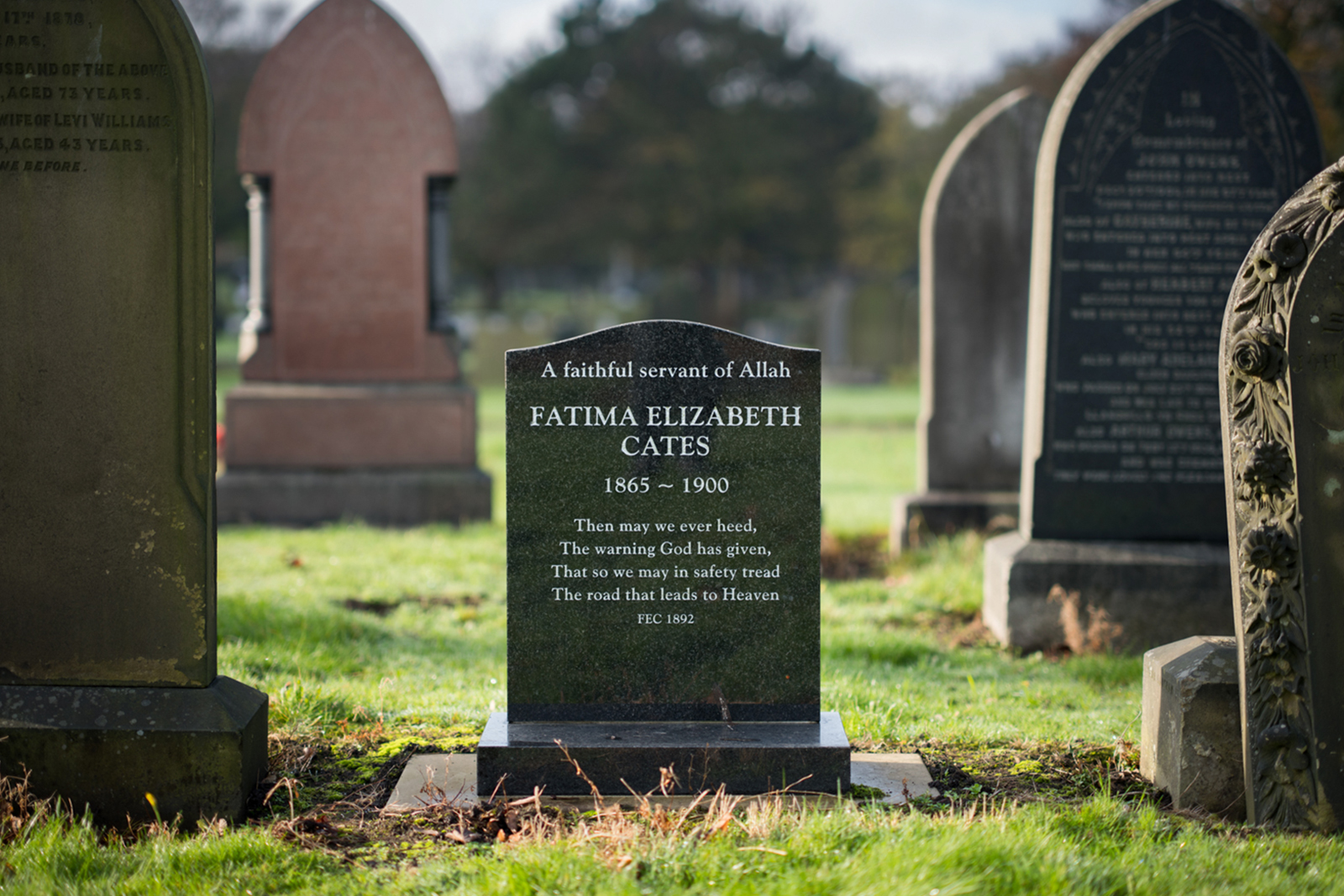
Just over 123 years ago, on 31 October 1901, a crowd gathered in Anfield Cemetery, Liverpool, for the funeral of a young widowed mother, the daughter of an Irish market porter. The vast majority were not mourners but curious onlookers and journalists, there to witness the burial of “the first lady ever converted to Islam in England”, as the event was described in the next day’s newspapers.
Fatima Cates, who died at just 35, was once a pillar of England’s Muslim community and an advocate for women at a time when their rights were severely restricted. She has, however, been almost completely forgotten following her untimely death from pneumonia.
It is only in recent years that researchers and Muslim community leaders have begun to restore Cates’s legacy and write her name back into the narrative of UK Muslim history. Earlier in 2024, her life and work were examined at length in the first academic book dedicated to the lives of Muslim women in Victorian Britain.
“Fatima Elizabeth Cates co-founded the very first mosque in England. She lectured at that mosque herself and was responsible for creating links with the Muslim community in India,” says Hamid Mahmood, a secondary school teacher and contributor to the book Muslim Women in Britain — 100 Years of Hidden History, who has spent more than a decade researching her legacy. “I think it’s our duty as Muslims, especially in Britain, to share her life.”
Cates was born in the town of Birkenhead, on the banks of the River Mersey, in 1865 and given the name Frances Elizabeth. She was the third child of Agnes and John Murray. Her father died when she was only five and Agnes remarried stonemason Peter Cottam three years later.
Life in Victorian Birkenhead was not easy. As a working-class woman, Cates grew up around deep poverty at a time when the busy port of Liverpool and its surrounding towns were synonymous with drunkenness and violence. Like many reform-minded women of the era, she turned towards the Temperance Movement, which opposed the sale and consumption of alcohol, linking it to domestic violence and other social problems.
“As a teenager she became the secretary of the Birkenhead Workingmen’s Temperance Association,” says Mahmood. “Women had little authority or power, yet this young girl went out of her way to support people’s rights. She was very passionate about the violence that was taking place and what she could do to put an end to it.”
It was through her temperance activism that Cates was first exposed to Islam, attending a lecture about the prophet Muhammad hosted by the Liverpool Temperance League. The talk, delivered by Abdullah Quilliam, a local solicitor who had recently converted to Islam, was titled “The Great Arabian Teetotaller”.
“Isn’t it true that the prophet said that women do not have souls and will not go to paradise?” she asked Quilliam after the lecture. Quilliam assured her that was not true and gave her a copy of the Qur’an to study for herself. Two years later, at the age of 21, Cates also converted, taking the name Fatima.
Together with the rest of Liverpool’s convert community, she faced violence and persecution from local residents and even her own family. Cates’s mother found her daughter’s Qur’an and tried to burn it, prompting Cates to carry the book with her whenever she left the house.
“I was continually scolded and threatened with all kinds of punishments if I continued to read such a book, but all to no purpose; for I persisted in reading it, and finally I had to carry the Koran about with me, or during my absence it would have been destroyed,” Cates later wrote in an article for the The Allahabad Review.
In his diaries, Quilliam complained about “the ragamuffins of the neighbourhood” who pelted him and the other converts with mud and broke the windows of their meeting house. Once, a mob of passersby also stopped Cates on her way to a meeting of local Muslims, pinned her to the ground and smeared her face with horse manure, Mahmood says.
“This snapshot of her life reminded me of the lives of early Muslims,” he says, “as well as the Islamophobia we still see today.”
As the years went by after her death, Cates’s name gradually slipped from wider public recognition. Her tombstone also disintegrated, leaving the exact place of her burial unknown for decades. In 2019, however, Mahmood’s research revealed its location. Two years later, Amirah Scarisbrick, a 52-year-old homemaker from Liverpool and fellow convert to Islam, raised funds among the Muslim community during Ramadan to install a new stone memorial.
“She was part of the Liverpudlian community and I felt it was important that we get a headstone for her,” she says. “We raised the money in 24 hours. People felt inspired by her story.”
Scarisbrick, who attends the Abdullah Quilliam Mosque on Brougham Terrace, said she feels a real connection to Cates.
“It’s just amazing to know that a hundred years ago there was someone like you who walked the same streets,” she says.
Discovering the histories of the early female converts has also prompted Scarisbrick to start a choir, just as Liverpool’s Victorian converts had done.
“When you convert to Islam, you can lose your sense of identity and who you are,” she says. “With the choir we are celebrating our British heritage as well as being Muslim.”
In 2014 Mahmood founded the Fatima Elizabeth Phrontistery, a madrasa for children in Walthamstow, east London. “Her soul is rewarded by all the students who come to our madrasa and recite the Qur’an, week in and week out,” he says.
“When I think of a Muslim Victorian, I just can’t picture it but I know they were there,” says Sofia Touré, 12, who is a student at the madrasa. “When we learned about Victorians in school our teachers didn’t mention Muslims.”
“Fatima Elizabeth was amazing. She inspires me,” adds Touré’s friend, Aleena Hussain, also 12. “It’s really unfair that she couldn’t feel fully free to speak about her religion and who she was, but she was very brave and she fought for her rights.”
Both Aleena and Sofia had been members of the madrasa’s choir and had travelled to Liverpool to perform A Moslimah’s Prayer, a song written by Cates, at the Abdullah Quilliam Mosque.
“A Muslim’s life is twofold; it’s not just about the physical life here,” says Mahmood. “Fatima Elizabeth lived for 35 years and then she passed on, but now, 120 years later, her life is celebrated. Life is a test, it is a struggle. It is not meant to be easy.”
 Newsletter
Newsletter


